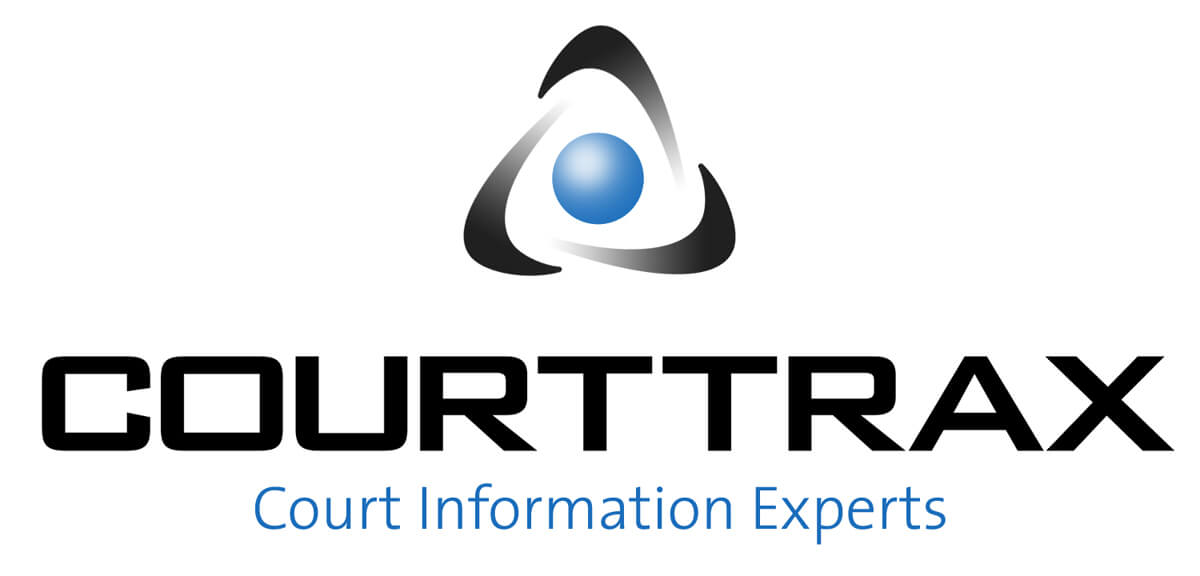What To Avoid And How To Protect Data During M&A
KEY TAKEAWAYS
- In 2025 companies and private equity teams seeking protection do to data collection with AI
- What to look for and steps taken to make sure your M&A process is not vulnerable
- Three key points to defend again privacy discrepancies and antitrust disputes
- Key compliance factors that must be thought of when transitioning data
Introduction of AI into M&A
The parabolic increase in the usage of Artificial Intelligence (AI) has brought to the forefront the scale of operational and consumer data available today. This information provides many opportunities to create growth by improving business operations and the creation of new products or services. On the opposing side, with all the data out there AI can have large gaps businesses must maneuver.
Data and AI can change the outlook for personal healthcare, logistics and supply chain, and marketing efforts for products and services. This will drive productivity and efficiency into 2025.

US-based technology companies and private equity firms show 91% or corporate and 60% of private equity show AI is a driver for strategic decision-making or supportive roles. When asked companies considered adjusting to evolve with the AI landscape. Corporate and private equity have shown active interest in supporting AI in existing products and services. Resulting in a focus on infrastructure for AI and machine learning technologies and hiring associates with AI skills.
Collecting data at the rate AI is capable of does come with risks. US privacy laws do come into effect made to reduce the risk in data privacy, security and artificial intelligence enforcement. Antitrust enforcement is proving to have its own collection of challenges. FTC has expressed its attention in scrutinizing merger and acquisition activities involving Big Tech. The FTC has stated that it will not create tensions involving M&A deals unless his team is confident his team is able to provide proof of violations of antirust laws. The FTC believes M&A is vital to economic growth and should not be interrupted unless blatant abuse of the system is detected (Bloomberg).
Considering the previously mentioned stringent methods of the FTC, businesses are installing certain practices when acquiring or selling AI services including the following.
Analyzing data and AI governance programs
Dealmakers need to deliberately review other organization’s data security practices. Any business enacting a heavily supported AI approach should be vetted. Analyzing the governance of business practices and development should be reviewed for appropriate practices and maintenance of AI systems.
Correct processes for persona data
Target companies should have the required rights for processing personal data. Companies operating without said rights violate privacy laws creating risk for breaches of notification laws. Unregistered usage of personal data in AI structures can create liabilities. Regulators are requiring the deletion of unauthorized information obtained.
Planning and post-closing procedures
Business are ensuring data privacy, security, and all artificial intelligence risks during systems integration. All plans should make sure any risks created during this process should be tested for all compliance procedures especially if IT constructs are merged. Large business structures are also considering 3rd party services to make sure all rules are followed, and data is protected. Most companies dealing with data normally need a refresher on proper practice procedures regarding privacy and security measures. Some business are successful at mitigating privacy risk, security, and AI potential pitfalls.
To become successful businesses in 2025 most companies are taking steps to hire specialized talent. This talent normally has the overall vision of data mergers from one organization to another during acquisitions specifically. This is a new area, with the rise of AI and the massive growth in data collection, where businesses are capitalizing on productivity and efficiency.




